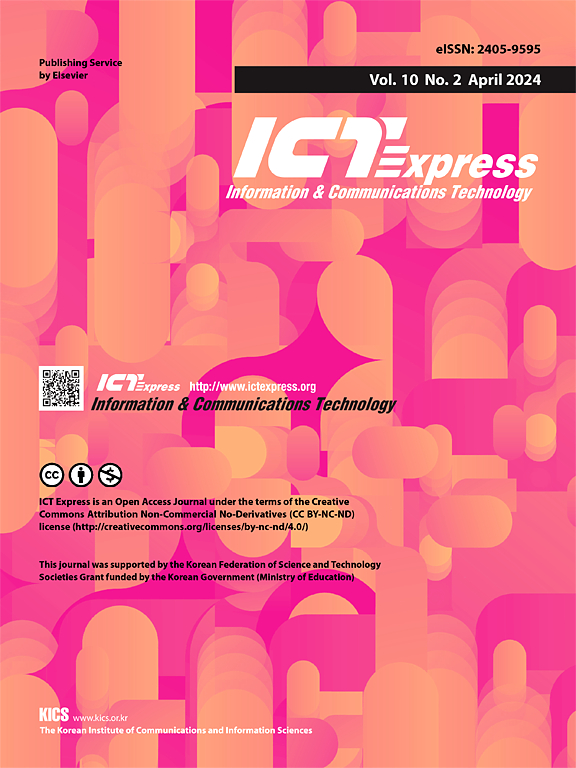Addressing data scarcity in speech emotion recognition: A comprehensive review
IF 4.2
3区 计算机科学
Q1 COMPUTER SCIENCE, INFORMATION SYSTEMS
引用次数: 0
Abstract
Speech emotion recognition (SER) is a critical field within affective computing, aiming to detect and classify emotional states from speech signals, which vary dynamically over time. These signals encode complex relationships between features at multiple time scales, effectively reflecting a speaker’s emotional state. Despite significant progress, SER faces the persistent challenge of labeled data scarcity, a major obstacle given the data-intensive requirements of deep learning models. This scarcity often results in small, imbalanced datasets that hinder model generalization. Various strategies, including feature selection, data augmentation, domain adaptation, and fusion techniques, have been employed to mitigate these issues. However, comprehensive reviews that critically analyze these methods remain limited. In this paper, we provide an extensive review of these data scarcity strategies in SER, assessing their merits and limitations in terms of efficiency and robustness. Special attention is given to how these strategies enhance the performance of both acoustic and multimodal SER systems when operating on limited datasets. Additionally, we highlight the potential of fusion strategies combined with attention mechanisms as promising solutions to improve convergence and reduce model complexity.
解决语音情感识别中的数据稀缺性:一个全面的综述
语音情绪识别(SER)是情感计算中的一个重要领域,旨在从语音信号中检测和分类随时间动态变化的情绪状态。这些信号在多个时间尺度上编码了特征之间的复杂关系,有效地反映了说话人的情绪状态。尽管取得了重大进展,但SER面临着标记数据稀缺性的持续挑战,这是深度学习模型对数据密集型需求的主要障碍。这种稀缺性通常会导致数据集小而不平衡,从而阻碍模型的泛化。各种策略,包括特征选择、数据增强、领域适应和融合技术,已经被用来缓解这些问题。然而,对这些方法进行批判性分析的综合评论仍然有限。在本文中,我们对SER中的这些数据稀缺性策略进行了广泛的回顾,评估了它们在效率和鲁棒性方面的优点和局限性。特别关注这些策略如何在有限数据集上操作时提高声学和多模态SER系统的性能。此外,我们强调了融合策略与注意机制相结合的潜力,作为改善收敛性和降低模型复杂性的有希望的解决方案。
本文章由计算机程序翻译,如有差异,请以英文原文为准。
求助全文
约1分钟内获得全文
求助全文
来源期刊

ICT Express
Multiple-
CiteScore
10.20
自引率
1.90%
发文量
167
审稿时长
35 weeks
期刊介绍:
The ICT Express journal published by the Korean Institute of Communications and Information Sciences (KICS) is an international, peer-reviewed research publication covering all aspects of information and communication technology. The journal aims to publish research that helps advance the theoretical and practical understanding of ICT convergence, platform technologies, communication networks, and device technologies. The technology advancement in information and communication technology (ICT) sector enables portable devices to be always connected while supporting high data rate, resulting in the recent popularity of smartphones that have a considerable impact in economic and social development.
 求助内容:
求助内容: 应助结果提醒方式:
应助结果提醒方式:


